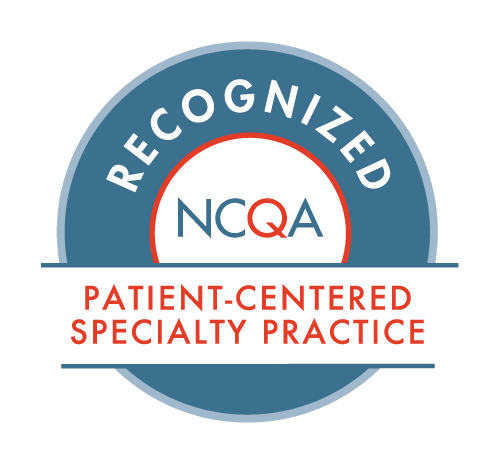is a procedure where a catheter (a long hollow tube) is inserted through an artery and moved towards the heart. Dye is then injected to provide visualization of the arteries of the heart muscle. During catheterization, a stent or balloon may also be inserted if an artery is narrowed or clogged. Most cardiac catheterizations are […]
When a person first hears that someone they know has congestive heart failure, they often assume the worst, as in a trip to the hospital or worse. But the word “failure” is a bit of a misnomer, as the heart doesn’t fully fail. It simple isn’t pumping as strongly as is necessary to deliver blood […]
When your extremities don’t receive enough blood, you have a condition known as peripheral arterial disease (PAD). It’s a common circulatory problem where the patient’s narrowed arteries are reducing blood flow to the limbs. PAD has its own symptoms, such as pain when walking, but it’s usually a sign of more widespread accumulation of fatty […]
When a person has cardiomyopathy his or her heart muscle becomes enlarged, thick, or rigid. This makes is harder and harder to pump blood as the disease worsens. Plus, it becomes incapable of maintaining a normal electric rhythm. There are different types of cardiomyopathy, and they can lead to heart failure or arrhythmia. At Hunterdon […]
We’ve all heard the term “coronary artery disease,” but do we really understand what that means? If not, we need to. Every year about 610,000 people in the U.S. die of heart disease, about one out of every four deaths! Heart disease is the leading cause of death for both men and women. At Hunterdon […]
Movies and songs are always hoping our hearts flutter. Our cardiologists and specialists at Hunterdon Cardiovascular hope those flutters are simply the stuff of entertainment, not reality. We’re more concerned with what is known as atrial flutter, which occurs in the right atrium. While atrial flutter itself is not life threatening, if left untreated it […]



